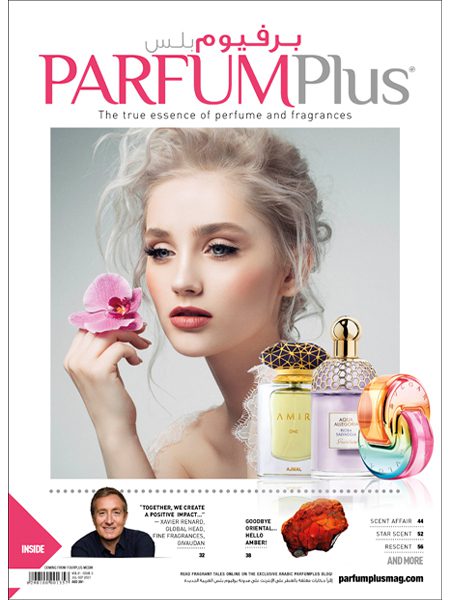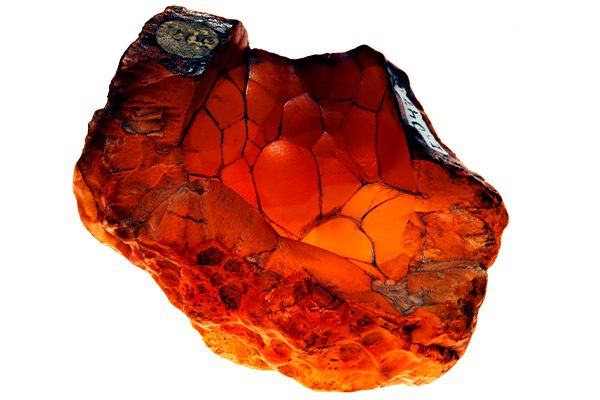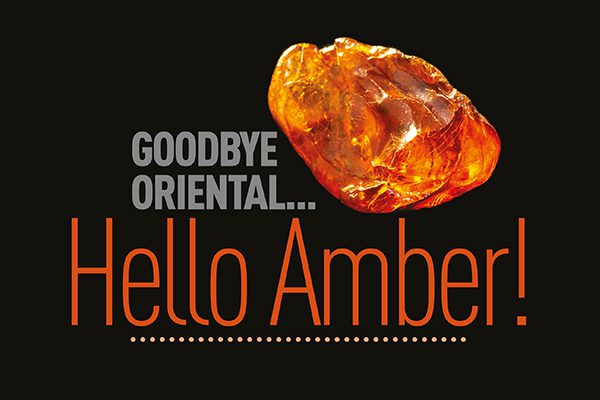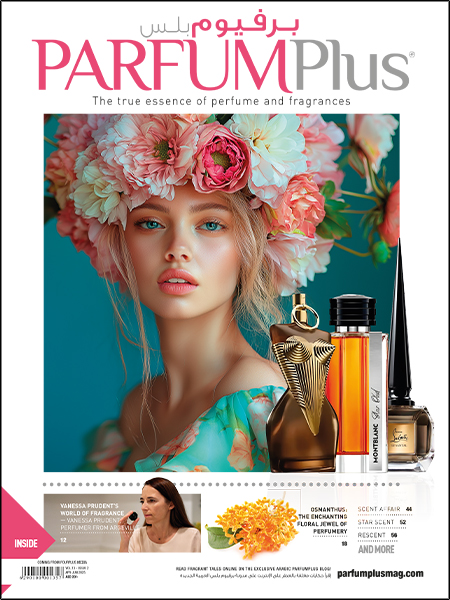Read this post in
 Arabic
Arabic

Goodbye Oriental... Hello Amber!
The recent update in the fragrance wheel where the word Oriental has been replaced with Amber did raise a few eyebrows in the fragrance industry. Some had been expecting it for a long time while others were a bit surprised.
Michael Edwards fragrance wheel is universally acknowledged as the classification standard all over the world since 1992 when it first appeared in his independently published, The Fragrance Manual. Since then it has seen a few variations based on changing smell perceptions and it finally settled down to four broad groups ie Floral, Oriental, Woody and Fresh.
So a recent change of renaming Oriental to Amber, seems to have delighted a few. Not everyone would agree but that seems to be the opinion as of now.
Well, the debate about this change needing to happen had been rising for over a decade now and many big names had transitioned from Oriental to Amber but the fragrance wheel itself didn’t change. Michael Edwards, the creator of the fragrance wheel, works with over 3600 brands and also other oil houses and had been asked for his opinion on this for a very long time. So why did the change come now?
The general opinion was that the terms Oriental had become too divisive and almost racist and it was time to change. And then there was recently an article in Harper’s Bazaar by Jessica Matlin “Why are we still describing perfumes as Oriental?” which put, quite strongly, the need for a change. The article also claimed that Linda Levy, president of The Fragrance Foundation, found the terms ‘outdated and offensive’.
So as they say, times change, words change and meanings change and Michael Edwards, while quoting this line, has finally transitioned from Oriental to Amber.
The mid 70s popularised the term Oriental with the launch of Opium in 1977 and then Oscar in the same year popularised the Floral Oriental segment which led to a boom of fragrances under the classification of Floral Oriental.
There were other terms like spicy or resinous that could be considered as well but Amber was chosen as used quite widely in the past for what we today refer to as Oriental.
Michael Edwards said in a interview recently, “Even in the early formulation books one is struck by the fact that the old Amber things, they all talk about resinous, balsamic, spicy, woody, musky, vanilla notes, ... all the kind of ingredients that we associate with Oriental fragrances, today.”
The fragrance family will move from Oriental to Amber.. from Soft Oriental to Soft Amber.. From Floral Oriental to Floral Amber.. from Woody Oriental to Woody Amber.. And generally there will be many variations where oil houses would use their own versions like Balsamic Amber, Leathery Amber or Dry Amber.

Here are some industry responses:
CPL Aromas
CPL Aromas has undertaken a revamp of its Olfactive Mapping, in line with the recent unveiling of Fragrances of the World® by Michael Edwards, and completely does away with the term Oriental in its many forms, replacing it with Amber.
Rawya Catto, General Manager for CPL Aromas Middle East and a fragrance expert, said “We are very happy to be among the first major fragrance houses to take the step of modernising the language in our Olfactive Mapping. There was no malice when the first one was created almost a century ago in France, but the time is right to bring the fragrance industry forward, and we are here for it”. She added, “what we didn’t want is change for change’s sake: besides the necessary update of the Oriental language across the board, we kept other classical structure names like Fougère and Chypre”.
Chris Pickthall, CEO of CPL Aromas, commented “We are happy to be among the first fragrance houses to support with our actions the important language statement by Fragrances of the World. It represents a shift from the old, Eurocentric fragrance world into a truly new, global world of olfactive wonders, fully in line with our ethos of sustainability, innovation and independence”.
Eurofragrance
Antoine de Riedmatten of Eurofragrance, had this to say, “To our knowledge the majority of fragrance houses are not using Michael Edwards wheel. Everyone has their own fragrances genealogy, which are more or less similar. Transforming the Oriental family into Amber is a weird move. Amber is for sure a key olfactive note in many Oriental creations, but also used in several other olfactive families.
This new classification is rather confusing, and the reason behind the change is not clear. In our world, we distinguish Oriental olfactive family, which is the one including vanilla, amber, musk, balsamic, spicy… and the oriental perfumery which encompass the fragrances developed in the Gulf.
At the end of the day, it is not so important, as fragrances are much more than words. Long life to Oriental!”
Iberchem
“I first read about this topic in 2016 when former president Barack Obama signed a bill to eliminate the terms “negro” and “oriental” from federal laws of the USA,” said María Angeles Santiago, Senior Perfumer at Iberchem. “So I’m surprised that our industry hasn’t addressed this question before today. I agree that the term oriental is somehow outdated. Technically speaking, the orient includes Asian countries as well, and the olfactory culture of Japan has nothing to do with the one of Bahrain. To resume the olfactory culture of hundreds of countries into one category seemed quite incorrect to me.
However, I don’t think that “ambery” is a good alternative. It sounds wrong to call “ambery” a fragrance with notes of leather and smoke. So, I agree to no longer use “oriental” but I don’t think I’ll be replacing it with “ambery”.”
Read this post in
 Arabic
Arabic





